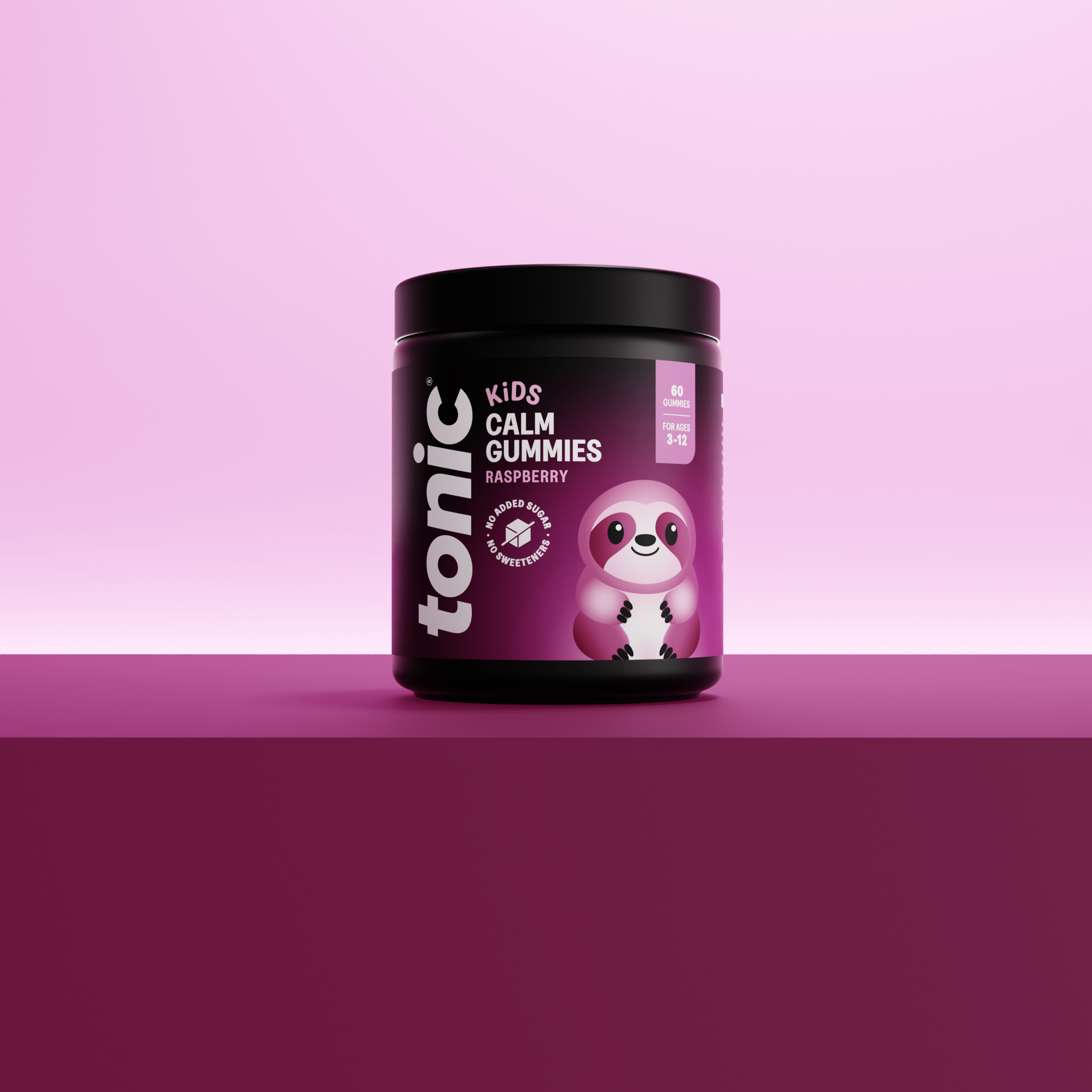Written by Natalie Louise Burrows, Nutritionist and Clinic Director at Integral Wellness
If there’s one mineral rising fastest in the supplement world, it’s magnesium. The quiet workhorse behind hundreds of bodily functions, magnesium is essential for life.
Without enough of it, our bodies can’t operate properly—and yet, studies suggest most of us aren’t getting nearly enough - in fact three quarter of the UK.
So, why is this happening? And more importantly, what can we do about it?
Why Magnesium Matters
Magnesium is involved in over 300 biochemical reactions in the body—some estimates say up to 600.
Without it, enzymes don’t function properly, which causes subtle ‘kinks’ in how the body runs. These can show up as:
- Fatigue
- Poor sleep
- Low mood
- Muscle cramps
- Anxiety
Here’s what magnesium supports:
- Energy production – Activates ATP (adenosine triphosphate), your body’s main energy molecule. No magnesium = no usable energy.
- Muscle function – Regulates calcium flow in muscles, preventing cramps and supporting proper contraction and relaxation.
- Nervous system – Helps produce neurotransmitters like serotonin and melatonin, impacting mood and sleep.
- Blood pressure – Relaxes blood vessels, supporting healthy circulation and heart rhythm.
- Blood sugar balance – Plays a role in insulin sensitivity and glucose metabolism.
- Bone health – Around 60% of your body’s magnesium is stored in bones, helping with bone density alongside vitamin D, calcium and K2.
Signs of Magnesium Deficiency
Because magnesium works everywhere, deficiency symptoms are often broad and easily misattributed:
- Persistent fatigue or low energy
- Muscle cramps or twitching
- Restless legs or poor sleep
- Mood swings, anxiety or irritability
- High blood pressure or heart palpitations
Why It's So Hard to Measure
Magnesium deficiency is tricky to spot—only 1% of your body’s magnesium is in your blood, so even “normal” blood test results may be misleading.
Despite this, it’s estimated that up to two-thirds of adults in developed countries aren’t hitting the recommended intake of 300–400mg/day.
At-risk groups include:
- Older adults
- People with type 2 diabetes
- Anyone with gut issues like Crohn’s disease
- People taking diuretics or proton pump inhibitors (e.g. Omeprazole, Lansoprazole)
- Why Are We All Deficient?
Why Is It Missing in Our Diet?
1. Depleted Soils
Modern farming practices have stripped magnesium from the soil. Fertilisers maximise yield, but don’t replenish key minerals—so even organic foods today contain less magnesium than in the past.
2. Food Processing
Processing foods causes further loss. When wholegrains are turned into white flour, up to 90% of magnesium is lost. Canning and refining also strip minerals, creating calorie-dense but nutrient-poor food.
3. Lifestyle Factors
- Stress – Causes your body to use and excrete more magnesium
- Processed diets – Lacking in naturally magnesium-rich foods
- Caffeine & alcohol – Increase magnesium losses via urine
- Medications – Some impair absorption, others increase excretion
Magnesium-Rich Foods
To support your intake naturally, try to include:
- Leafy greens (spinach, kale, Swiss chard)
- Nuts & seeds (almonds, cashews, pumpkin, chia)
- Legumes (black beans, lentils, chickpeas)
- Wholegrains (quinoa, brown rice, oats)
- Avocados, bananas and tofu
- Dark chocolate (70%+ cocoa)
Still, even with a good diet, many people find it hard to meet optimal levels without help.
Our Recommendation: Tonic Health Rest & Recover
To support your magnesium intake effectively, we recommend Tonic Health Rest & Recover —a high-absorption evening blend formulated to help you relax, recharge, and replenish.
Key Benefits:
- 300mg elemental magnesium (from blended magnesium)
- Blended with Ashwagandha and Lemon Balm for calm and sleep support
- Sugar-free, vegan, and naturally flavoured
- Mixes easily with water—ideal as part of your evening wind-down routine
The reviews speak for themselves with customers who can't believe how much it's helped their sleep.

Final Thoughts
Magnesium isn’t just a buzzword—it’s a vital mineral that most of us are unknowingly missing.
A holistic approach—better food choices, stress management, and smart supplementation—can go a long way in restoring balance, improving energy, and supporting deeper sleep.
Start with small changes. Your body will thank you.

-
Natalie Louise Burrows is a registered nutritional therapist (BANT, CNHC) and clinic director at Integral Wellness, a nutrition and health clinic specialising in cardio-metabolic health. Along with her clinic team of nutritionists, they help men and women regain their energy, control their cravings and avoid and reverse type 2 diabetes. They also address health conditions such as high blood pressure, high cholesterol, insulin resistance, fatty liver and heart disease, and weight challenges.







Leave a comment
All comments are moderated before being published.
This site is protected by hCaptcha and the hCaptcha Privacy Policy and Terms of Service apply.